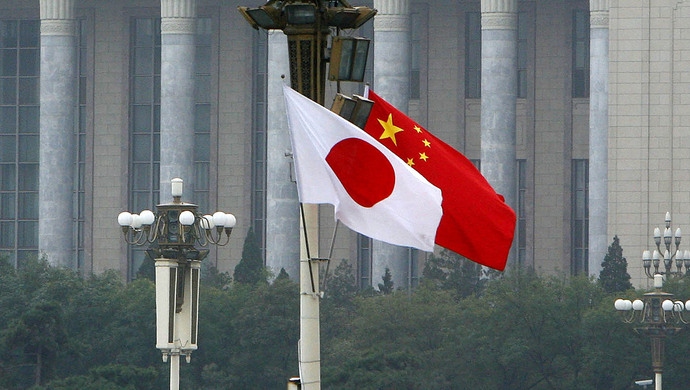Japan should stop teaching kids to hate China


Last month, Japan issued a white paper on defense for junior and high school students. The 30-page document, the first of its kind, is similar to the one it issued for the general public earlier. Both blame China for almost all the regional problems including the Diaoyu Islands dispute and the territorial disputes in the South China Sea.
On its release, Japanese Defense Minister Nobuo Kishi said: "We want as many children as possible to deepen their understanding of the ministry and the Self-Defense Forces."
Japan has a history of indoctrinating children in militarism. Before and during World War II, the Japanese government, in pursuit of its expansionist dreams, trained thousands of primary and secondary schoolchildren to fight the "enemy" with bamboo spears and other improvised weapons. Such was their indoctrination that some teenagers even volunteered to be Kamikaze suicide pilots.
After the Imperial Japanese Army's defeat in World War II, Japan went through a process of demilitarization. But militarism seems to be rearing its head in Japan again.
In 2017, Japan's education ministry included jukendo, or bayonet fighting, in the physical education curriculum for middle school students. As such, the defense white paper for children is a continuation of the militarism process.
The white paper calls Chinese naval patrols around the Diaoyu Islands an intrusion into Japanese waters, and the US-Japanese alliance as a founding stone for "prosperity in the Asia-Pacific". That's not proper education for young minds. They will end up dreading China and worshipping the US. In a way, the white paper is teaching children to hate China.
At a news conference on Friday, Chinese Foreign Ministry spokesperson Zhao Lijian said Japan should learn from history instead of misguiding children. Japan should teach children the truth about its militarist past.
If you have a specific expertise, or would like to share your thought about our stories, then send us your writings at opinion@chinadaily.com.cn, and comment@chinadaily.com.cn.

































